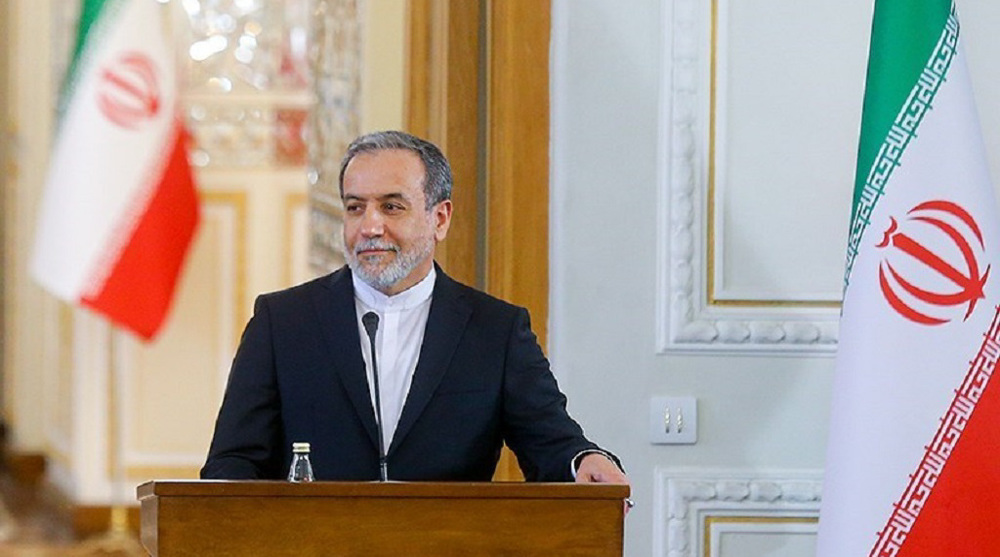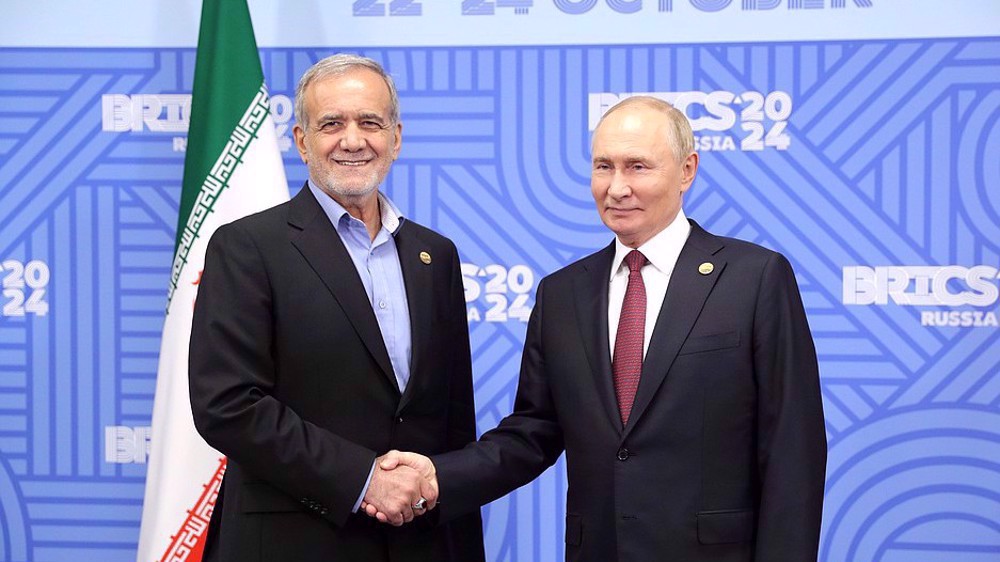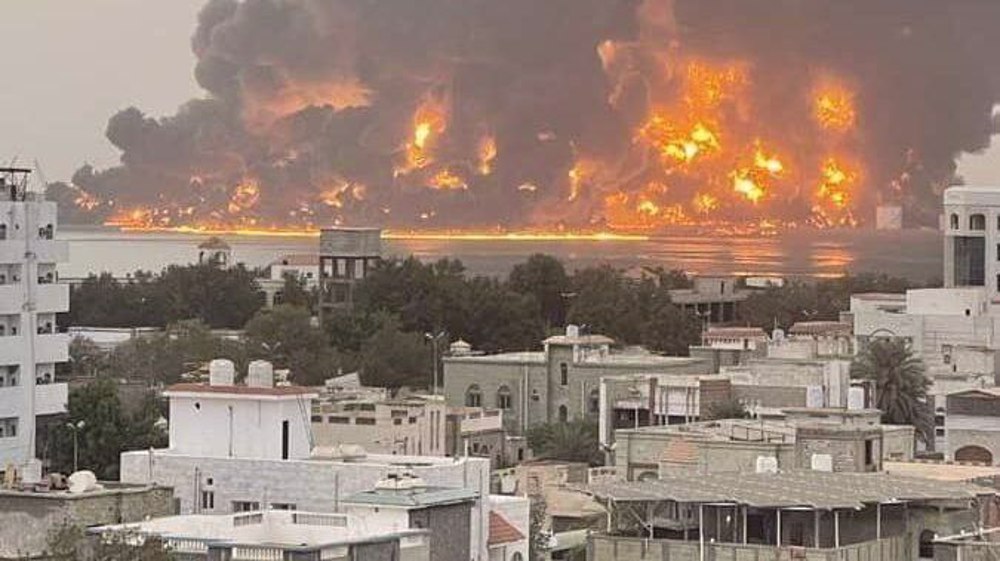US sanctions block Iran’s purchase of COVID-19 vaccine: CBI governor
The governor of the Central Bank of Iran (CBI) says inhumane sanctions imposed by the United States against Iran prevent the country from purchasing coronavirus vaccine as the deadly virus takes its toll on the Iranian nation.
In a post on his Instagram page on Monday, Abdolnasser Hemmati said the purchase of the coronavirus vaccine should be officially made through the World Health Organization (WHO).
However, he added, “So far, every method used to make payment and transfer the required currency [for the purchase of the vaccine] has been faced with obstacles due to the inhumane sanctions imposed by the US government and the need to obtain permits from OFAC (the US Department of the Treasury's Office of Foreign Assets Control).”
He noted that South Korea has failed to provide guarantees that the CBI’s money would not be confiscated by the US government in the course of money transfer via a dollar U-turn path for the purchase of humanitarian items.
“The International Monetary Fund did not even dare raise the issue of Iran’s [request] for a loan at the fund’s board of directors under the US pressures and threats, and despite acknowledging Iran’s right [to request the loan] and the absence of any economic or legal obstacles,” the CBI chief said.
Hemmati added that Iran is pursuing “other paths” to transfer money for the purchase of the coronavirus vaccine, expressing hope that such efforts would bear fruit with timely cooperation of all responsible bodies.
Iran, one of the countries hit hard by the outbreak, reported its first cases of the fast-spreading disease in late February, about one month after the virus first showed up in China.
The spokeswoman for Iran’s Health Ministry, Sima Sadat Lari, said on Monday that a total of 1,051,374 individuals had contracted coronavirus across the country.
She added that 284 fatalities were registered in the past 24 hours, raising the total toll to 50,594.
Lari said as many as 742,955 individuals have recovered, and over 6,432,228 people been tested for the virus in the country so far.
In May 2018, US President Donald Trump unilaterally withdrew from a UN-endorsed nuclear deal, which it had signed as a member of the P5+1 group with Tehran in 2015, and re-imposed the anti-Iran sanctions that had been lifted under the agreement.
Iran sued the US at the International Court of Justice (ICJ) afterwards with the tribunal ruling that the US should lift its sanctions on humanitarian supplies.
The trade of humanitarian goods, such as food, medicine and medical devices, is theoretically allowed by the US, but European companies refuse to do business with Iran, fearing secondary American sanctions. The bans imposed on the Iranian banking system have dissuaded many pharmaceutical firms from doing business with Iran.
Iran in March submitted a request for a $5-billion emergency loan, which it requires to fight the coronavirus pandemic. Tehran has asked that the loan be provided under the Fund’s Rapid Financing Instrument (RFI), a mechanism which is available to all member countries facing an urgent balance of payment need.
Later in April, Iranian President Hassan Rouhani said the IMF must fulfill its duties toward all member countries, including Iran, without any bias.
“Under these tough circumstances, the IMF should perform its duty with regard to its international commitments and avoid being swayed by mischievous acts of the enemies of the Iranian nation,” Rouhani said.
Addressing a special session of the United Nations General Assembly in response to the COVID-19 pandemic via a video conference on Thursday, Iran’s health minister, Saeed Namaki, said the unilateral sanctions imposed on the country have targeted medicine and medical equipment needed by the nation, particularly at the time of the deadly coronavirus pandemic.
Namaki said it was very crucial for everyone to have timely, cost-effective and equitable access to diagnostic, medical equipment, medicines and vaccines with no discrimination, sanctions or unjustifiable prioritization.
Read more:
VIDEO | Press TV's news headlines
Settler fatally stabbed; five Israeli soldiers killed, injured in Jabalia
Rampant poverty in Israel and implications
UN chief: Israel strikes on Sana'a airport, power plants 'alarming'
Yemenis rally in massive numbers for Gazans after Israeli strikes
Iran FM: China visit will mark 'golden' era in strategic ties
VIDEO | Austrian Muslim NGO dedicates aid collecting event to Gaza
Israel launches three raids on Lebanon in fresh truce breach












 This makes it easy to access the Press TV website
This makes it easy to access the Press TV website